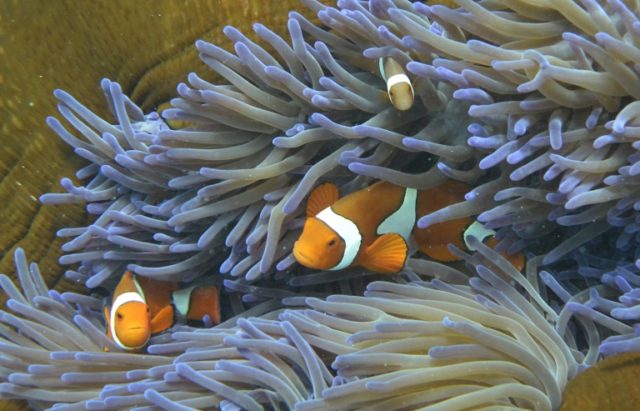On May 1, Hawaii lawmakers approved a bill that will ban many of the most popular brands of sunscreen from use on their island beaches, due to environmental concerns.
The bill itself lays out the numerous reasons for their decision. “The legislature finds that two chemicals contained in many sunscreens, oxybenzone and octinoxate, have significant harmful impacts on Hawaii’s marine environment and residing ecosystems,” it says. Two major ingredients in sunscreen brands like Coppertone and the ironically-named Hawaiian Tropic “cause mortality in developing coral; increase coral bleaching that indicates extreme stress,” and further “cause genetic damage to coral and other marine organisms.”
The description continues, describing the potentially devastating effects on marine life. Both vertebrate and invertebrate species, mammals included, have been shown to develop reproductive diseases and birth defects under the influence of these chemicals, which the bills says are “constantly refreshed and renewed every day by swimmers and beachgoers.”
If passed by Governor David Ige, the law will take effect on January 1, 2021. Hawaii Senator Mike Gabbard told the Honolulu Star-Advertiser that it “is a first-in-the-world law.” According to him, “Hawaii is definitely on the cutting edge by banning these dangerous chemicals in sunscreens.”
While doctor-prescribed sunscreens containing these ingredients will remain permitted, the lawmakers hope that restrictions on known harmful pollutants will help to extend the lifespan of critically endangered and dying reefs before it is too late.

COMMENTS
Please let us know if you're having issues with commenting.